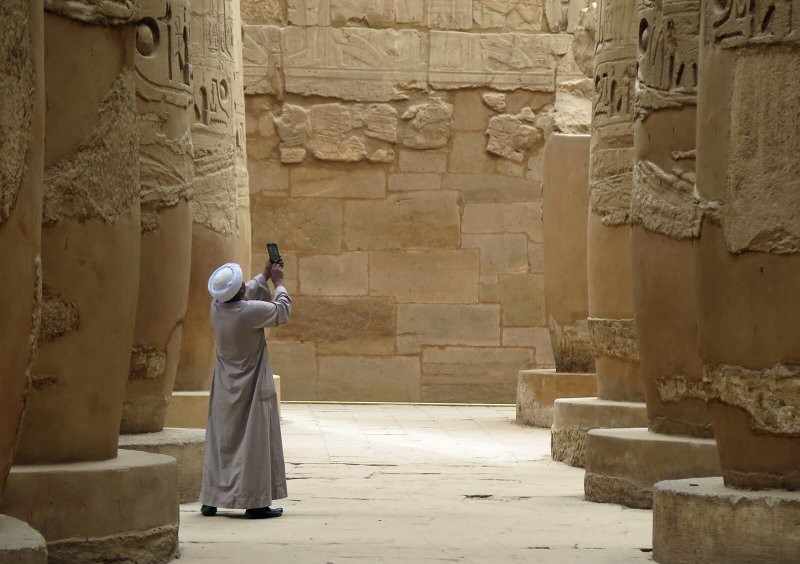When we think about the cradle of civilization, Athens is a name that immediately springs to mind. The very mention of Athens evokes images of ancient philosophers strolling through marble temples, and a city that was the heartbeat of culture, philosophy, and democracy. Let’s embark on a journey to unveil the enchanting layers of Athens, a city that has left an indelible mark on human history.
A Glimpse into History
Nestled in the heart of Greece, Athens is a city drenched in history that dates back thousands of years. Its roots are traced back to the Neolithic age, around 3000 BC. But it was during the 5th century BC, also known as the “Golden Age of Athens,” that the city-state flourished and laid the foundation for Western civilization as we know it today.
Architectural Marvels
Walking through Athens is like stepping into a living museum. The Acropolis, an ancient citadel that stands proudly above the city, is home to some of the most iconic structures. The Parthenon, a temple dedicated to the goddess Athena, is a marvel of architecture. Its Doric columns and intricate friezes tell stories of ancient Greek mythology and history.
Philosophy and Learning
Athens was not just a city of grand buildings, but also a haven for intellectual pursuits. It was here that some of the greatest minds in history walked and pondered. Socrates, Plato, and Aristotle, the pillars of Western philosophy, called Athens home. The Agora, a bustling marketplace, was a hub of philosophical discussions and debates.
The Birthplace of Democracy
Perhaps one of the most enduring legacies of Athens is its role in the birth of democracy. The Athenian democracy, although exclusive by modern standards, marked a revolutionary departure from the monarchies and oligarchies of its time. Citizens had the right to participate in decision-making, setting the precedent for representative governance that still echoes in today’s democracies.
Cultural Festivities
Athens was a city that celebrated the arts and culture with fervor. The Dionysia festival, dedicated to the god of wine and theater, saw the performance of plays by playwrights like Aeschylus, Sophocles, and Euripides. The tragedies and comedies that debuted here have left an everlasting impact on storytelling and drama.
Modern Athens
While the historical significance of Athens is undeniable, the city is not confined to the past. Modern Athens is a vibrant metropolis that seamlessly blends the old and the new. Bustling neighborhoods like Plaka offer a glimpse into traditional Greek life, while areas like Syntagma Square showcase contemporary urban living.
Preserving the Legacy
Preserving the rich heritage of Athens is a collective effort. The Acropolis Museum stands as a testament to this commitment, housing artifacts from the Acropolis site to protect them from the ravages of time and weather. Efforts are also underway to restore and maintain the ancient structures, ensuring that future generations can continue to marvel at their splendor.
In Conclusion
Athens, the cradle of civilization, is a city that transcends time. Its influence on art, politics, philosophy, and culture resonates through the ages. As we walk through its ancient streets, we walk in the footsteps of giants who shaped the course of human history. Athens is not just a place; it’s a journey through time, an exploration of our roots, and a celebration of the human spirit’s boundless potential.




